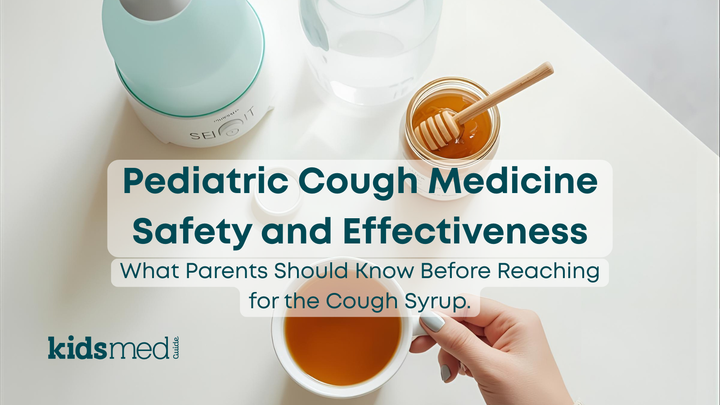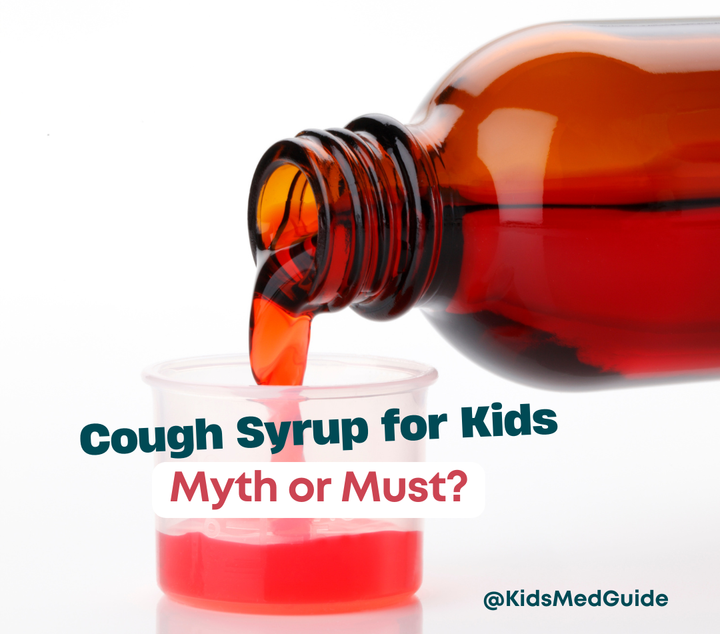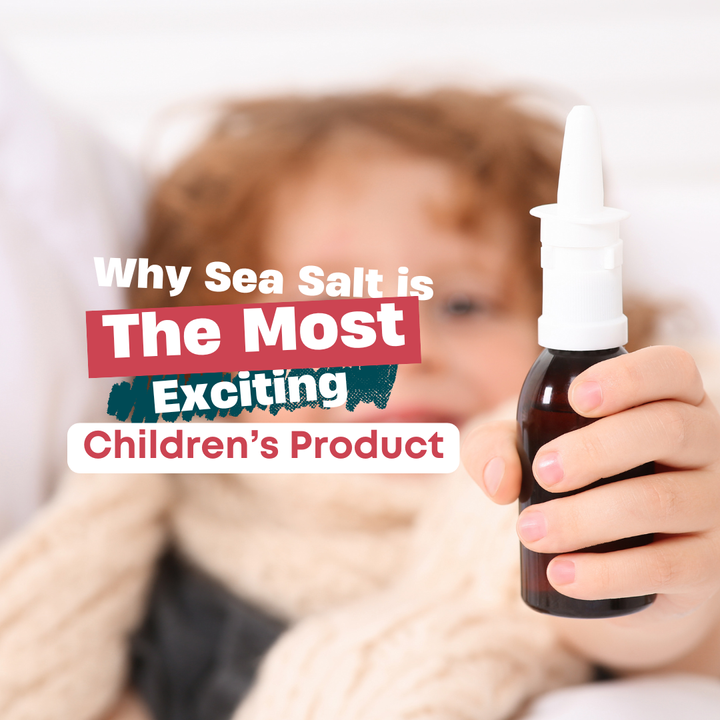Your Guide to Managing Cold & Flu Season at Home

With cold and flu season upon us, we know you’re looking for ways to keep your family healthy and manage symptoms if anyone in your family comes down with an illness. Which, if you have little kids, may feel like all the time!
We’ve put together this quick guide to help you stay prepared, from prevention to home remedies and knowing when it’s time to see a doctor.
Prevention Tips: How to Minimize Germs at Home
Wash hands often
Wash your hands, wash your hands, wash your hands 😄
Make hand-washing a habit! Use warm water and soap, scrubbing for at least 20 seconds. Fun tip: sing a favorite song while washing to make it enjoyable for kids!
Boost immunity
Boost immunity the old-fashioned way! Help your kids stay on track with nutritious meals, plenty of water, and adequate sleep. A balanced diet rich in fruits, vegetables, and proteins helps support a strong immune system.
There's not much evidence to show that natural supplements work to "boost" the immune system, but there is some debate on the role of Vitamin C in preventing or treating colds.
Disinfect common surfaces
Clean doorknobs, light switches, toys, and devices regularly, especially during peak cold and flu season.
Encourage outdoor time
Fresh air and sunlight can be great for overall health, even in cooler months. It can also help boost vitamin D levels, which helps maintain your child's immunity.
Symptom Relief: Home Remedies to Keep Kids Comfortable
When viral colds or the flu hit, here are some simple ways to ease symptoms:
Rest & hydration
Plenty of rest is the best way to help the body recover. Keep kids hydrated with water, herbal teas, and warm soups. Electrolyte drinks such as Pedialyte® can also help if you suspect dehydration.
Humidifier
A cool-mist humidifier in the bedroom can relieve congestion and keep airways moist. It’s especially helpful at night when stuffy noses tend to get worse.
For a super stuffy nose, try running a hot shower with the door closed and sit in the steamy room for a while. Follow up with a good nose-blow or bulb suction to clear some of the mucous.
Saline nose drops & bulb syringe
For younger kids, saline drops and a gentle bulb syringe can help clear nasal passages. The Nose Frida is also an option (if you can stomach it!)
Warm saltwater gargle (for older kids)
A simple saltwater gargle can help ease a sore throat. Mix half a teaspoon of salt in a glass of warm water and have them gargle for 30 seconds.
For other kids, something cool on the throat may feel better, such as a popsicle or cold drink. Pedialyte popsicles are great for very sore throats and mild dehydration.
Honey (ages 1 and up)
A spoonful of honey can naturally soothe a cough and sore throat. It works as well as cough medicine. It should only be used in children aged one and older due to the risk of botulism.
Steam Shower
A warm, steamy shower can help clear sinuses and ease congestion. It’s a relaxing way to relieve symptoms at the end of the day. A warm bath may help with aches and pains.
When to Call the Doctor
Some symptoms need medical attention. Keep an eye out for the following:
High fever
Fever with viral illnesses is more about how your child is acting, rather than how high the number is. If you are concerned, reach out to your pediatrician for advice!
In general, some good guidelines for fever in kids are:
- For babies under 3 months old, or for children who are immunocompromised, with sickle cell disease, on chemotherapy, with a central line or port, or unvaccinated, call your doctor or seek emergency care if they develop any fever greater than 100.4°F.
- For older healthy children, contact a healthcare provider for advice or seek emergency care if the fever persists for more than a few days or is accompanied by warning signs such as lethargy (extreme fatigue), dehydration, trouble breathing, or mental status changes like confusion.
Difficulty breathing
If your child is having trouble breathing, breathing very fast, or showing signs of chest pain, see a doctor or contact emergency services immediately.
Dehydration
If they’re not drinking enough fluids, have dry lips, or are not urinating as they usually do, dehydration may be setting in. Reach out to your pediatrician for assessment.
Worsening or concerning symptoms
If symptoms seem to worsen or new symptoms appear after a few days, a doctor can help rule out other issues.
Trust your parent intuition. You know your child best. If your child is just not right, call the doctor for advice or bring them in for a check-up!
Tips for Staying Positive & Cozy
Cold and flu season can be rough. Families swap germs around, and it's hard to take care of little ones if you're also feeling run down. There's also the added strain of sick days from school and missed work.
- Cozy up with blankets, books, and favorite shows. Cold and flu season is difficult, but it can be a chance to slow down and spend time together.
- Listen to your child’s needs. Rest is key, so encourage quiet activities that don’t wear them out.
- Remember... spring is coming, hopefully with good health!
-Kids Med Guide



